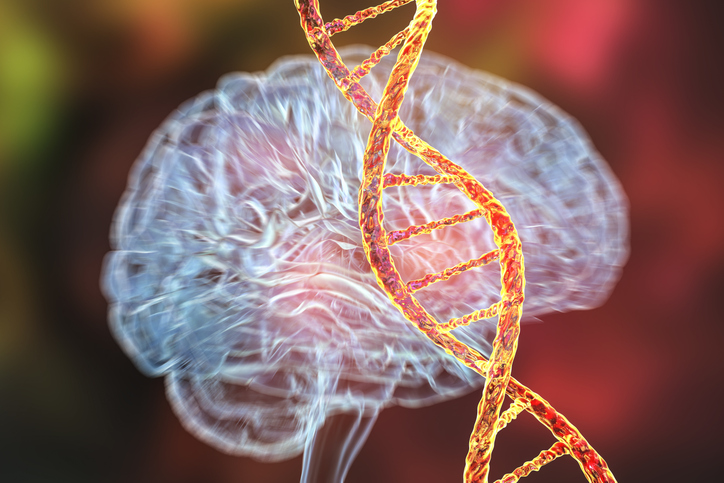A study published in Proceedings of the National Academy of Sciences shows that targeting the PI31 protein can prevent the degeneration of neurons, restore lost synaptic function, and significantly extend the lifespan of mice with neurodegenerative disorders. This discovery could unlock a novel strategy to prevent neurodegeneration as we age and treat a wide range of neurodegenerative conditions such as Parkinson’s and Alzheimer’s.
The PI31 protein is essential for the function of the proteasome, which is responsible for clearing out proteins that are dysfunctional or no longer needed. While this “waste disposal” system is vital for every cell, the proteasome is especially important to prevent the buildup of protein waste in neurons, which can otherwise impair synapse function and promote the formation of protein plaques seen in many neurodegenerative diseases. In neurons, PI31 is responsible for assembling the proteasome and transporting it all the way to the axons, where it plays an essential role in synapse maintenance and cell survival.
“A number of diseases—Alzheimer’s, Parkinson’s—are in fact diseases of synaptic dysfunction,” said Hermann Steller, PhD, professor at The Rockefeller University. “Now that we’ve shown how to eliminate unwanted proteins at the synapse, we hope this will lead to a revolution in treating common age-related disorders.”
A recent study published by Steller and colleagues had revealed that mutations in the gene that encodes the PI31 protein can be found in patients with a range of neurodegenerative conditions, including Alzheimer’s, Parkinson’s, and amyotrophic lateral sclerosis (ALS).
Building off these findings, the current study looked at the effects of increasing PI31 levels in flies and mice with mutations in the FBXO7 gene, which are known to be linked to early-onset neurodegeneration and Parkinson’s disease. In flies, increasing PI31 levels reversed severe motor defects caused by the mutations and restored the movement of proteasomes within neurons.
In mice, even a moderate increase in PI31 levels was enough to suppress neuronal degeneration caused by these mutations and preserve motor function. The treatment also cleared away the buildup of abnormal tau proteins that characterizes Parkinson’s and Alzheimer’s, and significantly increased the lifespan of mice, with some living nearly four times longer. “The degree to which we can rescue the various defects in mice is remarkable,” said Steller.
Targeting PI31 could have applications beyond treating rare disorders caused by FBXO7 and PI31 deficiencies, potentially reaching a broader group of neurodegenerative conditions including Parkinson’s and Alzheimer’s. Next steps for the research group will include studying whether targeting PI31 can preserve cognitive function in aging mice, which could eventually lead to the development of a treatment with wide-reaching potential.
“We’re extremely excited that this is relevant beyond our fly and mouse models,” Steller concluded. “The science implies that our findings may potentially, down the road, allow us to slow down cognitive decline as we age.”
